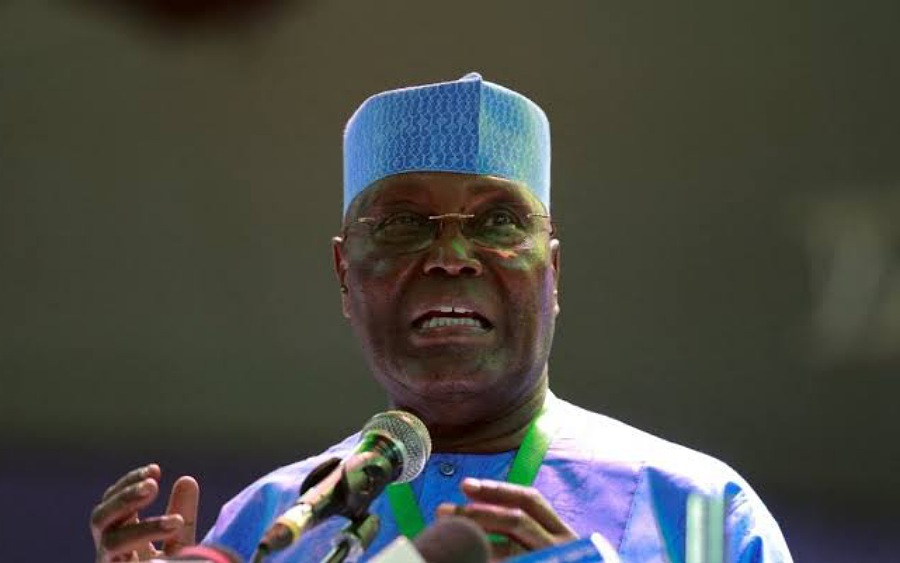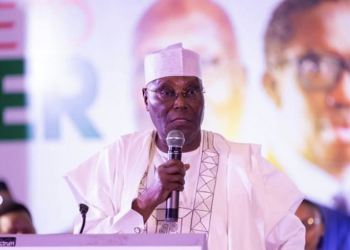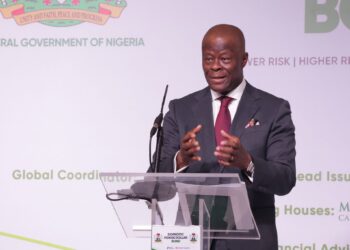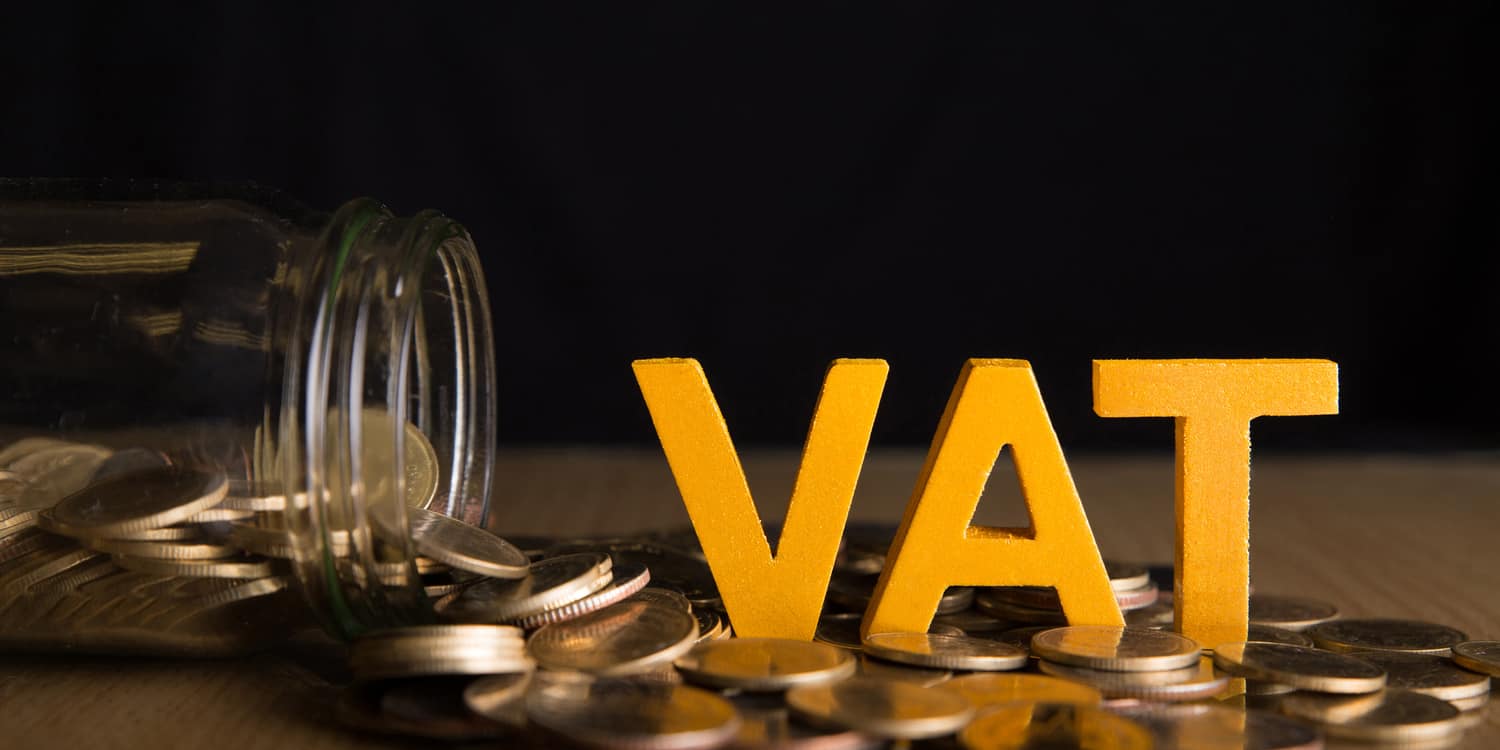As Nigeria’s general elections draw closer, politicians have made some promises that will outline their administration’s economic policies, as the major opposition candidates are backing pro-business policies.
Atiku Abubakar, the presidential candidate of the People’s Democratic Party (PDP) at the Lagos Business School Alumni Day 2022 revealed plans to privatise Nigeria’s refineries.
According to him, privatisation would help get the comatose but money-guzzling refiners into productive hands and ultimately ensure that Nigeria becomes a chemical refining hub.
Atiku argued that the private sector suffers when it is not productive. Therefore, the one way to kickstart its productivity is by privatizing assets that aren’t productive.
- “I will continue with privatizing aspects of Nigeria’s oil and gas industry. Up to now, moribund refineries are not functioning and yet we are spending money on them. I would rather privatise them (Kaduna, Warri, Port Harcourt); we have been spending money without any production.”
He noted that if Nigeria had privatised the refineries, they would have been producing today as no private sector operator would buy a refinery and be spending money on it whilst allowing it to be unproductive.
Current state of the refineries: The Buhari administration has also tackled the refinery problem in its own way. The federal government recently spent the sum of $1.5 billion for the rehabilitation of the Port Harcourt Refinery, which they say will commence operations soon.
In April 2021, the Nigerian National Petroleum Company (NNPC) Limited signed a contract with Tecnimont SpA, a subsidiary of Maire Tecnimont, for the rehabilitation of the Port Harcourt Refinery.
Meanwhile, The federal government recently notified that the old Port Harcourt Refinery, which is currently undergoing complete overhaul and rehabilitation would become operational by December 2022.
Atiku noted that his plans will make Nigeria an export- hub for refined petrochemicals in West Africa.
Nigeria’s availability of raw materials means the country can maximise its comparative advantage in this industry. In the year 2020, the total trade for refined petroleum exports was $451 billion, with the top five exporters being the United States ($58.4bn), Russia ($48bn), The Netherlands ($29.7bn), Singapore ($27bn), and India ($25.3bn).
The Aramco model: However, analysts tell Nairametrics that there are multiple ways to go about it, as Nigeria could commercialise the operations of the refineries after the NNPC turnaround, adding that a full sale would not be in Nigeria’s interest, citing examples of Brazil’s Petrobras and Saudi Aramco.
Economist, Dr. Ayo Teriba noted that privatisation is capable of multiple meanings, citing that It is rarely the sensible thing to sell the asset, as it may be prone to reversal, stating that countries have been known to privatise and then re-nationalize, which means you can’t take a jump in the dark.
- “The question of what is best for Nigeria and one that you have to determine iteratively, you have to keep an open mind, exactly what portion of the NNPC to maximize the value of the refineries, which is an important issue,” he said.
- “An example, one of the largest companies in the world by similar market value, is Saudi Aramco, which is only rivalled by Apple in size of market value, would you say that the Saudis privatized Aramco?”
He added that Nigeria needs to be clear about what it wants to achieve with the refineries, as Aramco was corporatized, prior to its public listing, so what we need is for the NNPC to first be corporatized, insulated from political interference so that selling the refineries is not necessarily the solution.
The Saudis discovered that making Aramco an efficient company, with global standards was not enough, that they still needed to financialise the company, and financialisation simply means that the market value of Aramco had to be established, so they needed to do an IPO to have reference market value,
- “For the $1.5 billion turnaround for the refineries, the question is, if that company is worth investing such amount of money, whose market value we don’t know, and you can’t know unless the chemical division is listed, also applies to NNPC.
- “The Saudis did not know the true market value of Aramco before it was listed in the public markets; today we have the Nigerian NLNG, which is 6, going to seven trains, but its true public value is not known because it is not listed. So, financialisation, which some could even see as privatization, but in the strict sense of the word, because the Saudis only sold, less than 5% in the public markets they still own more than 90% of it, you can’t say Aramco has been privatized, that cannot be fully seen as privatized as it is still a state-owned company” he added.
He added that Atiku does not have to sell off anything, stating that
- “you determine their market value first and foremost; you determine their market value by listing it in the market( after the completed turnaround).
- “That is the only transparent way to know, even if you want to sell, how much you will sell it for, spending $1.5 billion before privatization does not make much sense; selling it to a private company after spending so much means sacrificing national interest; you have no way to control what a private company can do with an asset it owns 100%, so you need to retain some seats of the table for Nigeria by owning a significant number of shares; that’s what we did in NLNG, as Nigeria owns 49%, which ensures national interests are still served,” he urged.
He added that the way to talk about this is to not say “ I will privatise” but to say “ I will financialise”, and by that Atiku may want to make the market value more transparent so that Nigeria can benefit, citing the biggest benefit the Saudis have with Aramco’s public listing is that they have a single company on its balance sheet that is worth more than its own GDP.
He added from a fiscal perspective, that it would also add to Nigeria’s balance sheet, which would show Nigeria owns more credible assets than it owes, and can decide to securitize it to meet cash needs or sell a higher percentage of it as Brazil and India are doing with government assets ( selling between 20-30% of assets)
Not necessarily 100%: Dr. Emeka Okengwu, an economist, also noted that privatizing refineries is not the only thing that can be done to a public facility, citing that there is, first of all, the commercialization, and corporatization; the message is to stretch out the governance structure. If you commercialize it would be a good deal.
He added, “Privatization should not only mean he has fully sold it 100%; usually with privatization government may still own some percentage, as there should not be an absolute outright sale.
He urged that the options of commercialising should be factored in for the refineries; but what is important is that people are moving from fossil fuels, citing that Nigeria has so much sun and is not focused on green hydrogen, which South Africa is making moves to help reduce the cost of energy and transportation and can be applied to everything.
Bottomline: As the NNPC spends billions of USD on a turnaround project for the refineries, Nigeria can use the rehabilitated assets to its advantage by commercialising them into a separate public market asset, which the Nigerian government is the largest shareholder, just as the Saudis have done with Aramco.
However, Atiku also noted that he wants small government and we wait to see the approach he takes if he wins the 2023 General election.














.gif)






